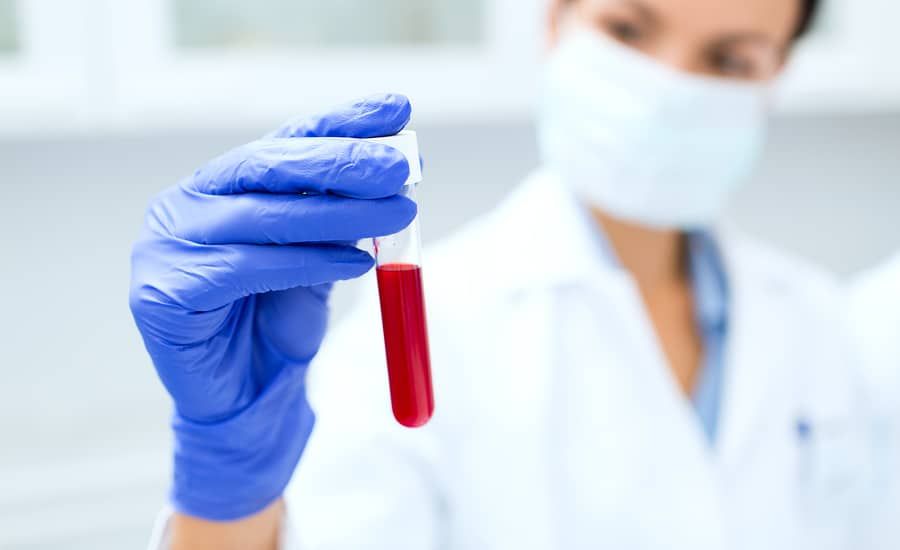 There’s been a lot of debate in recent months over whether or not requiring blood draws from drunk drivers is unconstitutional. Take Minnesota for example: a recent case that went all the way to the Supreme Court ended with a ruling that requires authorities, if they want to test suspected drunk drivers, to get a warrant before they obtain urine or blood samples.
There’s been a lot of debate in recent months over whether or not requiring blood draws from drunk drivers is unconstitutional. Take Minnesota for example: a recent case that went all the way to the Supreme Court ended with a ruling that requires authorities, if they want to test suspected drunk drivers, to get a warrant before they obtain urine or blood samples.
Now the Arizona Supreme Court has also made a ruling on blood draws for drunk drivers, and this time it focuses on driving under the influence (DUI) suspects who are unconscious. The ruling was a decision made because of one case where a man was found unconscious on the pavement behind his vehicle. He did regain consciousness long enough to say that the SUV belonged to him, and when he passed out again he was transported to the hospital where the police asked to have his blood drawn. Hospital employees complied with their request.
The case went all the way through the court system before landing in the Arizona Supreme Court, and it brought up the issue over whether or not it was constitutional to allow a blood draw without a warrant if the suspect was dead, unconscious, or otherwise able to give the officer permission to take it.
In a vote of three to two they decided that police can’t take blood samples from an unconscious DUI suspect without a search warrant or unless they are facing an urgent circumstance beyond the fact that time is of the essence when it comes to taking a blood alcohol content (BAC) reading. That’s because alcohol leaves the system within two hours, so to get an accurate reading of what the BAC was at the time of the incident, police need to obtain their blood, urine, or breath evidence without delay.
Although it may seem that rulings like this one, defining the limits on taking blood draws from drunk drivers, would potentially stop police from doing their job, it actually has the opposite effect. In the long run, bringing these issues to light, setting parameters, and following the letter of the law can only help police by eliminating loopholes that these offenders can jump through to avoid prosecution, and that will take more drunk drivers off the roads.
